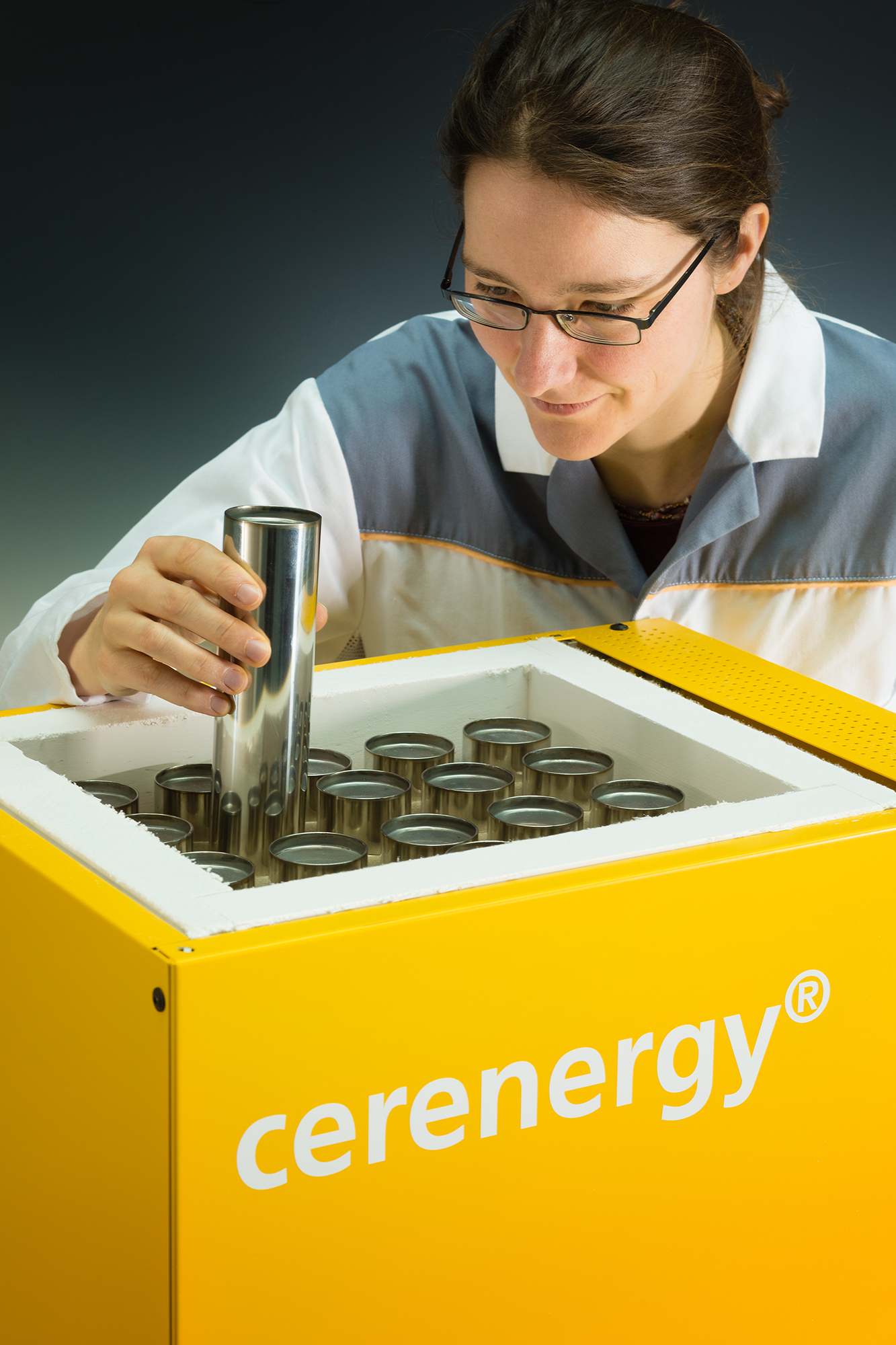Fraunhofer IKTS to shape the neighborhood of the future as part of regional growth center “smood”
After a successful assessment center at the Federal Research Ministry the innovative regional growth center “smood” will now take up its work. In the next years, new products and services will be developed to energetically remodel an existing neighborhood. IKTS will conduct research into a decentralized storage system, which will store energy from renewable sources.
The smood alliance, which includes three other research institutions, 17 companies and one association, is funded by the Federal Ministry of Education and Research with ten million Euros for a duration of three years. A model neighborhood in Thuringia will be energetically rebuilt with a focus on a high degree of self-sustainability with renewable energy and no negative effects on rent costs. New technologies will be developed for power generation and storage, and combined in an optimized system with established technologies like photovoltaics, solar thermal energy, and geothermal energy.
In the smood sub-project “EStorage” Fraunhofer IKTS will work with commercial partners to create a battery system for economic and ecological energy storage in the neighborhood. The battery is based on the sodium-technology developed at IKTS – a ceramic battery, which consists only of uncritical, regional materials. It has the potential to substantially lower the cost per kilowatt-hour and it will make economic use of own energy a reality in the neighborhood. This way, potential neighborhood owners, like housing associations, can pass on energy cost-effectively and time-independently to their tenants.
The Research Ministry’s funding program “Innovative regionale Wachstumskerne” (innovative regional growth centers) is addressed to regional alliances of companies, universities, and research institutions in East Germany. Prevailing competencies and potentials are pooled in these growth centers, which then develop innovative products, creating added value for the region. Since the program’s start in 2001, 52 initiatives were chosen and received a total funding volume of 350 million Euros.

